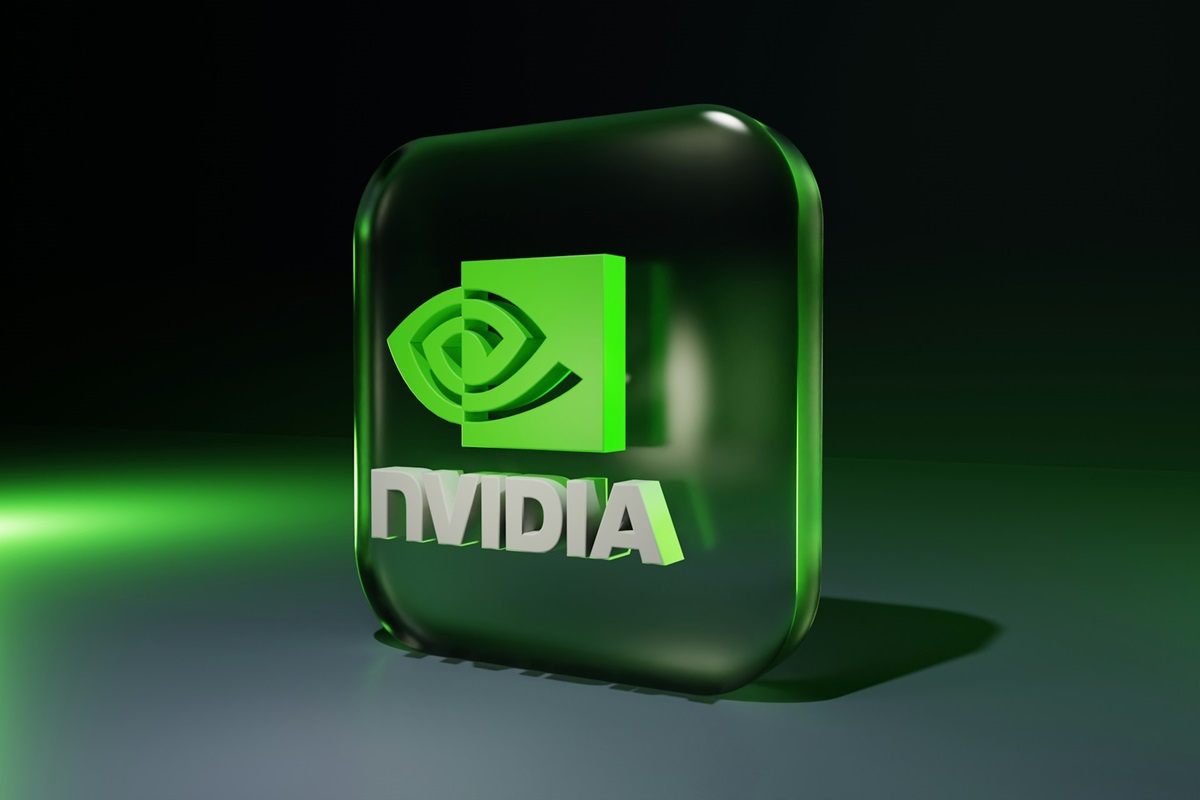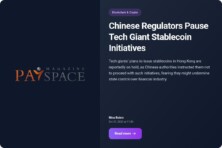Chinese state media reported that Beijing has launched an antitrust investigation against Nvidia, the world’s largest and most popular developer of graphics processing units, which are necessary for training and ensuring the process of subsequent operation of artificial intelligence systems.

It is worth noting that the mentioned actions of the Asian country correspond to the maximum extent to what can be described as a kind of implementation of the consecutive logic of the ongoing escalation of tension observed within the framework of the current deterioration of relations between the United States and China. With a high degree of probability, the antitrust investigation against Nvidia, based in Santa Clara, California, is primarily due to the specified logic. In this case, it is implied that Beijing could take appropriate actions precisely in the context of the paradigm of responding to restrictive measures from Washington in the technology sector.
It is worth mentioning that the United States has consistently increased restrictions on the shipment of advanced chips and equipment necessary for the production of microcircuits of the appropriate category to China. Last week, Washington once again expanded the scope of these measures. Beijing has already retaliated. Last week, China banned the export of items related to the minerals gallium, germanium, and antimony to the United States.
In the context of the investigation into Nvidia, it is also worth noting that this process is appropriate to consider in the context of the logic of a kind of rivalry between Beijing and Washington for artificial intelligence, which, according to both capitals, can be a critically important technology in terms of impacting the development of military capabilities. AI is actually the main technology of the current historical phase of both the material and digital evolution of human civilization. The most ambitious futurological prospects of artificial intelligence are related to its ability to transform into a kind of independent form of consciousness in the process of development. At the mentioned stage of evolution, AI is expected to surpass the human mind in terms of cognitive abilities. One of the proponents of this point of view is Masayoshi Son, chief executive officer of SoftBank Group. Against the background of more than significant prospects for artificial intelligence, there is a logical heed from governments, which, for some kind of natural reasons, due to the fundamental principles of power as a functional system, are seek in managing the processes of AI development and extracting maximum benefits from this in the context of national interests. The prevailing opinion among experts is that artificial intelligence will become a source of groundbreaking transformation of the world as a space for the existence of human civilization in its economic, social, political and cultural dimensions.
On Monday, December 9, China Central Television reported that the local government believes that the deal, which provides for the acquisition of the Israeli network company Mellanox by Nvidia, could violate the country’s antimonopoly laws. It is worth noting that in this case it is not specified which aspect of the mentioned business agreement does not comply with antitrust requirements. It is also noteworthy that in 2020, Beijing approved the acquisition of a network company.
Amid the news from China, the value of Nvidia shares fell by less than 2% in premarket trading. It is worth noting that the securities of this company are currently among the hottest on the market. Since the beginning of 2024, Nvidia shares have risen in price by almost 200%. The corresponding dynamic is because against the background of the so-called artificial intelligence boom, the demand for chips has sharply increased. Nvidia’s market capitalization has crossed a kind of historical $3 trillion mark this year. The company is one of the main beneficiaries of the artificial intelligence boom. Moreover, Nvidia is currently one of the most valuable brands in the world.
Returning to the topic of the confrontation between China and the United States in the technology sector, it is worth noting that new restrictive measures from Washington include a ban on the export of high-tech memory chips. Microcircuits of the mentioned category differ from graphics processing units developed by Nvidia, but these products are also important to power artificial intelligence systems.
Chips are currently what can be described as the basic material element of advanced technology. Microcircuits are also important as a kind of driving force for economic development based on new-generation technologies. In this context, the ability in terms of access to buy chips, or better yet, the possibility to independently develop and manufacture appropriate products, determines the potential of a country on a large scale. Against the background of Washington’s restrictions, technological sovereignty is becoming increasingly relevant for Beijing. The ability to produce chips independently is critical against the background of geopolitical tensions, which are not limited to the deterioration of relations between China and the United States. The world was also reminded of the advantages of the autonomous manufacturing sector by the coronavirus pandemic, during which global supply chains were disrupted.
Policymakers in Washington, commenting on restrictive measures against Beijing, underline that China can use artificial intelligence to enhance its military capabilities. US Commerce Department officials said that the narrowing of the space for export opportunities directed to the Asian country will slow down the development of AI chips. In this case, China’s capabilities are implied within the framework of the mentioned activities. Industry experts demonstrate a high level of confidence in the effectiveness of the relevant plan of the United States government.
China’s Commerce Ministry commented on the US decisions in the framework of negative narratives. Beijing called the new restrictions, which were imposed by Washington last week, a significant threat to the stability of global supply chains.
Senior United States officials have also accused China of stealing artificial intelligence software developed by US specialists. Beijing denies the mentioned allegations.
Nvidia can be called one of the main functionaries of the technological revolution in the area of artificial intelligence. An investigation into the company will damage its ambitions related to power digital intelligence around the world. It is also worth noting that China continues to be one of the largest markets around the globe, including in its technology segment. For this reason, for any company, the termination of interaction with the mentioned commercial space means a significant decrease in financial performance. In the relevant context, the example of Nvidia is illustrative. Last year, the media published information about the company’s intention to develop a special gaming processor for the Chinese market. In this case, special characteristics were assumed to comply with Washington’s export restrictions on Beijing.
It is worth noting that the media also released information according to which Nvidia is under antitrust scrutiny in the United States.
Against the background of mutual restrictions, both Beijing and Washington are making efforts to develop homegrown chip production. As part of the Chips Act, the administration of United States President Joe Biden pumped billions of dollars into companies specializing in elaborating and making microcircuits. The relevant actions are aimed at scaling up domestic chip production and decreasing the level of reliance of the US on other countries in the technology area.
China in May announced plans to set up its largest-ever semiconductor state investment fund worth $47.5 billion. Implementing the relevant project involves investments from six of the largest state-owned banks in the Asian country.
It is worth noting that France has also publicly named Nvidia as a target of its own probe into chips used in artificial intelligence. Back in the summer, Benoit Coeure, the head of France’s antitrust agency, said that the mentioned company may face antitrust charges at some point.









